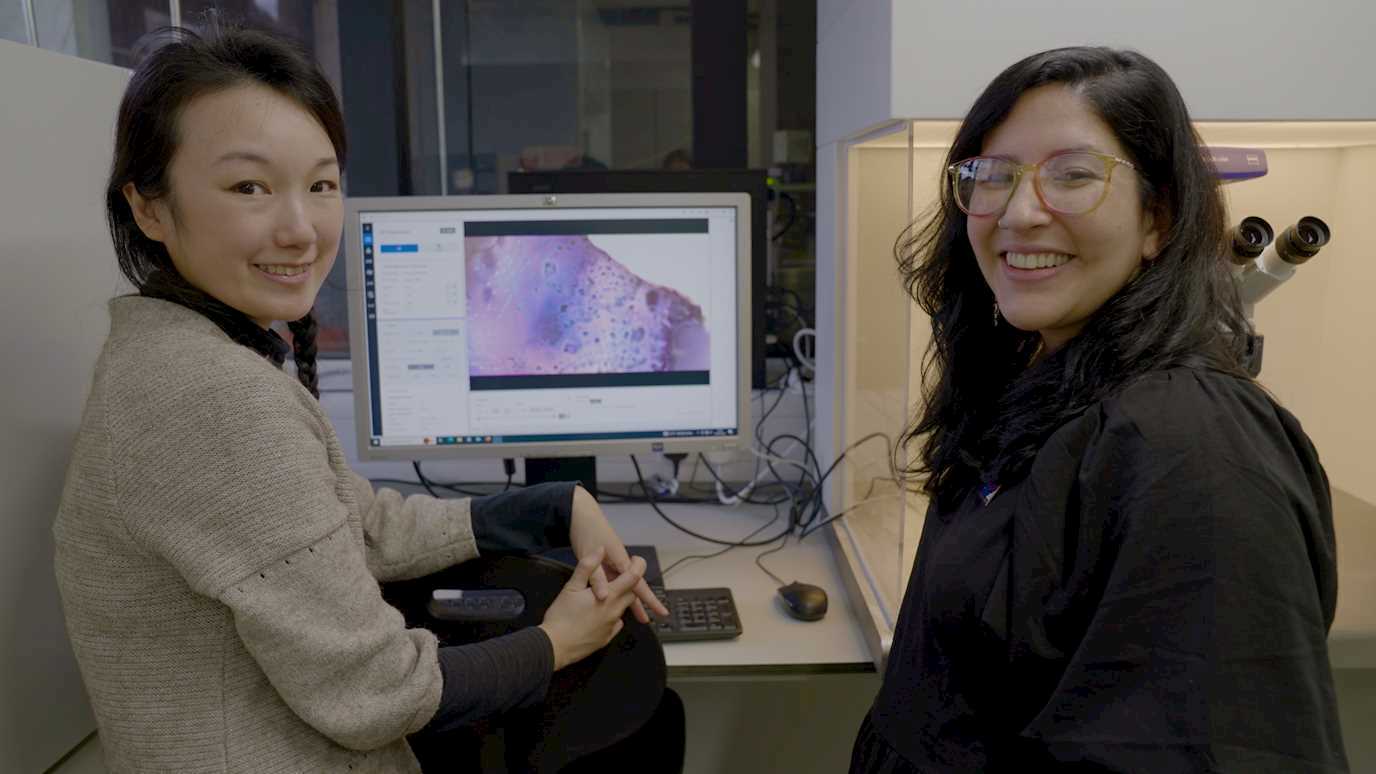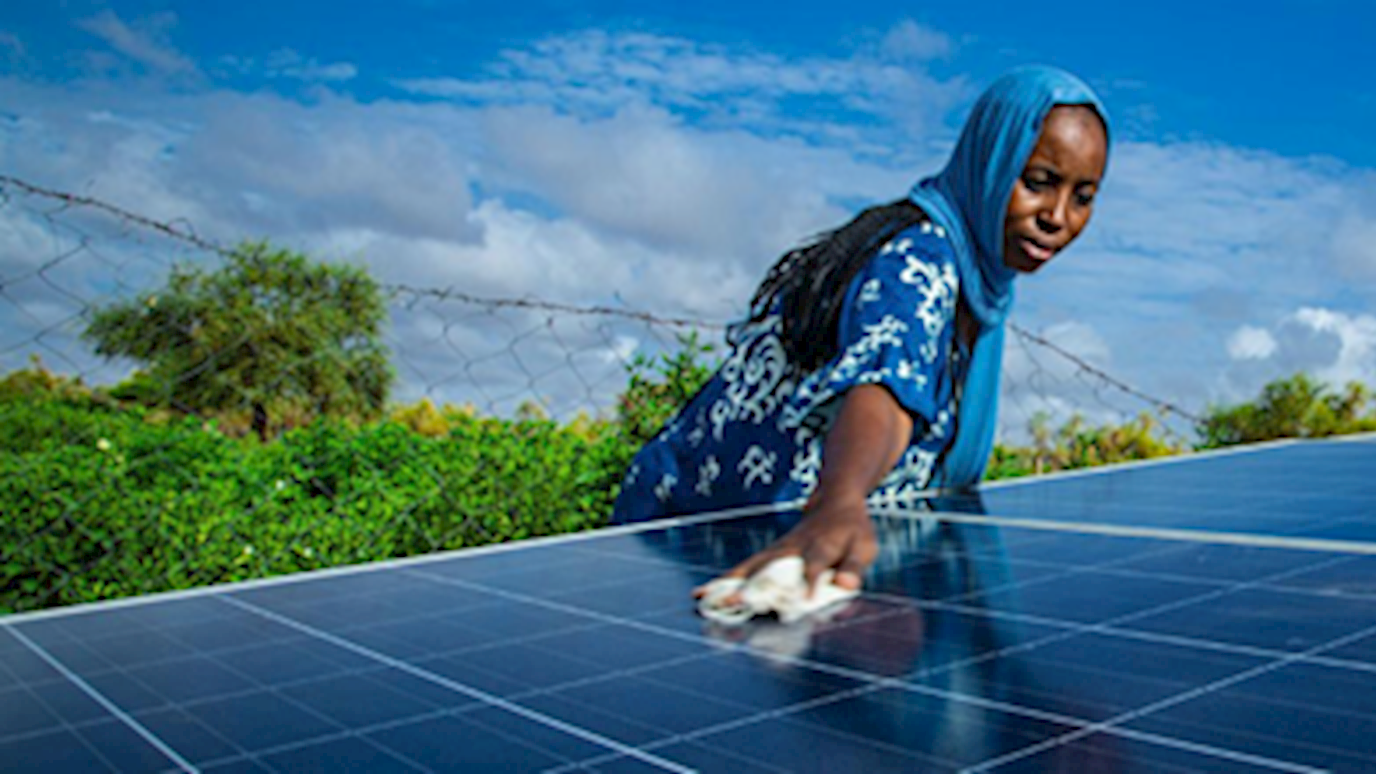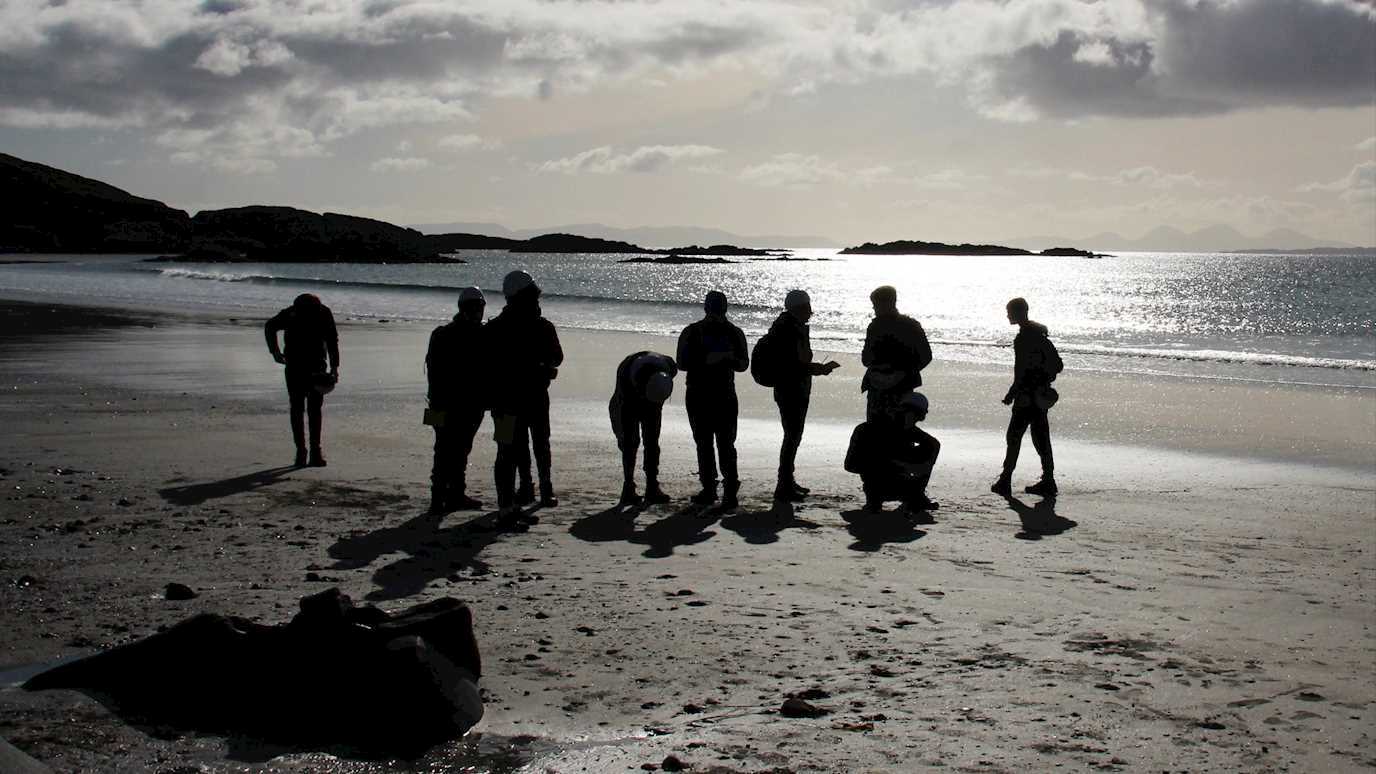Professor Richard Ghail
Researchers from Royal Holloway, the University of Oxford and Imperial College London will make key contributions to EnVision – the mission which has been selected as the fifth Medium Class Mission in the European Space Agency’s (ESA) Cosmic Vision programme. With ESA mission costs of €610 million, EnVision aims to investigate Venus by researching past and present volcanic activity and tracking the key volcanic gases that sustain its clouds and hostile atmosphere.
Working with European and American scientists, the UK team will compare geologic and atmospheric processes to those on Earth and other planets and aim to discover more about how interactions between its interior, surface and atmosphere have shaped its evolution.
Professor Richard Ghail from the Department of Earth Sciences at Royal Holloway and Lead Scientist on EnVision, said: “Europe’s Earth Observation programme – the Sentinels – show us just how interconnected the geology and climate of our planet are. EnVision will take that experience to Venus to make sense of our most unearthly neighbour, and so help us understand what makes our own world so special.
“Venus is our only Earth-sized neighbour and yet it could not be more different. EnVision will probe the links between its atmosphere, surface and interior to discover why Venus is so different, giving us the keys to understanding Earth-sized planets everywhere.”
The UK, through the UK Space Agency, plays a leading role in ESA, which is not a European Union institution.
Venus is the most Earth-like planet in size, composition and distance to the Sun. When they initially formed, scientists believe that Earth and Venus were once quite similar, with oceans of molten rock and thick atmospheres of carbon dioxide and steam. But Earth evolved to become the habitable planet we enjoy today; Venus may or may not have had a habitable phase with liquid water oceans before developing a runaway greenhouse effect which today cooks its surface to an inhospitable 450 degrees Centigrade. The EnVision mission has been designed to study how geological activity throughout time has driven the evolution of Venus’ climate and habitability.
Professor Richard Ghail first proposed Envision in 2010. Data will be collected by an orbiter called EnVision, which is expected to launch in 2031. It will take 15 months to reach Venus, where it will take a further 16 months of aerobraking to get into its low circular orbit. Once this stage is achieved, the satellite will start its 4-year scientific study.
The equipment on board will include:
- An imaging Synthetic Aperture Radar which will see through the clouds to map the surface of the planet.
- A Subsurface Radar Sounder to penetrate the top kilometre of the subsurface, and search for underground layering, structures and buried geological features.
- Three spectrometers will map surface geologic composition and track key gases, including searching for volcanic gas plumes above and below the clouds, supported by radio measurements of cloud composition.
The mission is an international collaboration consisting of a Science Study Team of three British, six European and two American scientists working closely with the Instrument teams from five different nations.
Venus:
- Venus is the second closest planet to the sun at a distance of about 67 million miles.
- One day on Venus lasts 243 Earth days because Venus spins backwards, with its sun rising in the west and setting in the east.
- Venus' solid surface is a volcanic landscape covered with extensive plains featuring high volcanic mountains and vast ridged plateaus.
- Venus has no moons.
- The planet’s surface temperature is about 465 degrees Celsius.
























